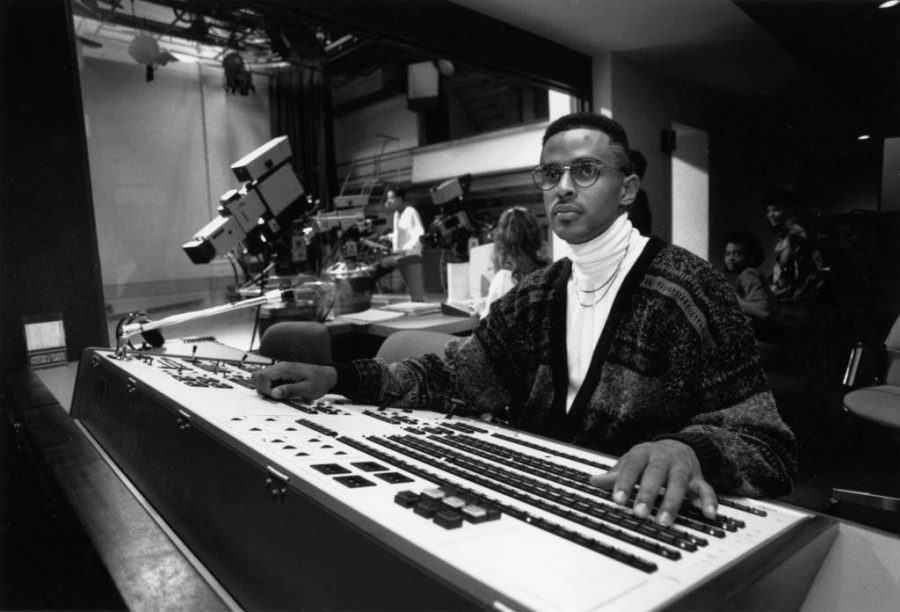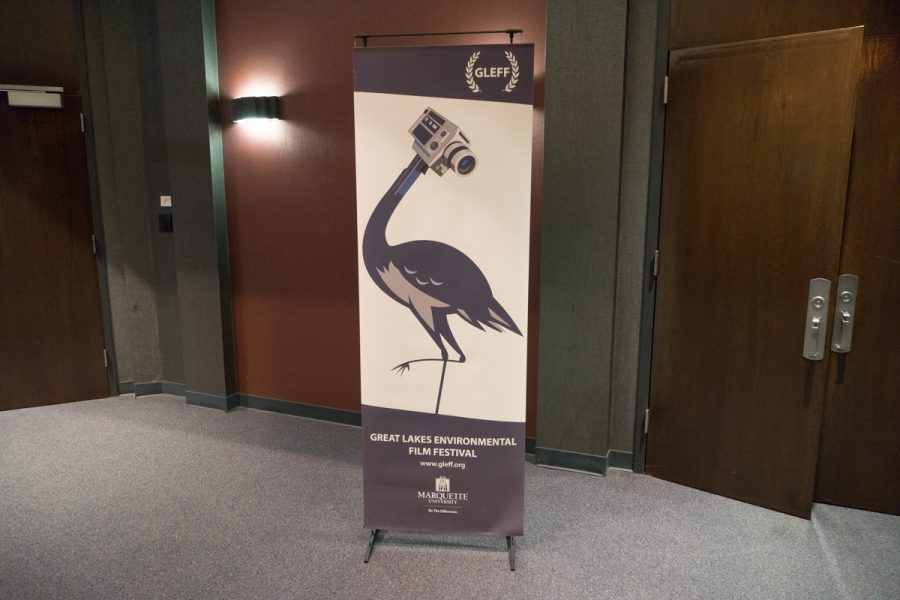
Journalism students searching for a professional internship opportunity have to look no further than Johnston Hall with the launch of the Milwaukee Neighborhood News Service March 21.
The website, a project of United Neighborhood Centers of Milwaukee (UNCOM), has partnered with the College of Communication and is housed within Johnston Hall. The college has provided a newsroom and equipment, and advertising professional in residence Linda Menck serves as multimedia editor. College of Communication Dean Lori Bergen serves on the NNS editorial advisory board.
The NNS is also funded in part by the Joseph and Vera Zilber Family Foundation, which gave the news service an initial grant of $108,000.
It will cover five Milwaukee communities, including the Lindsay Heights and Clarke Square neighborhoods and the Layton Boulevard West neighborhoods of Burnham Park, Silver City and Layton Park.
The five neighborhoods are part of the 10-year, $50 million Zilber Neighborhood Initiative started by the late real estate mogul and philanthropist Joseph Zilber to improve some of Milwaukee’s poorest neighborhoods.
The NNS aims to cover local issues in these neighborhoods that may not be covered in-depth by traditional news sources, said Milwaukee NNS editor-in-chief Sharon McGowan. Media outlets are free to use NNS content at no cost.
“News organizations have to take into account their whole readership,” McGowan said. “There are stories from these neighborhoods that are covered, but (traditional media) don’t have the opportunity to really focus on issues that are important to these communities.”
The NNS will cover topics such as education, public safety, economic development and health and wellness. It will not, however, cover fires or crime — an omission McGowan said is due to the extensive coverage those issues get already, as well as the limited resources of the NNS.
“The topics that we’re covering are the topics that concern urban neighborhoods everywhere,” McGowan said. “Our hope is to bring out stories that the media will be interested in republishing or reusing.”
The Milwaukee NNS is one of a growing number of neighborhood news services across the country, said Herbert Lowe, a professional in residence in journalism who serves on the NNS editorial advisory board. Lowe cited similar projects at Temple University in Philadelphia and at the University of California-Berkeley.
“They serve communities, and they are a great training ground for students,” Lowe said. “It’s a win-win situation.”
The NNS staff currently consists of two professional reporters and two graduate student interns from the College of Communication. But McGowan said pertinent stories could be accepted on a freelance basis from other College of Communication students provided they go through a professor in the college.
“We are providing an opportunity for journalism students to get real-world experience with a skilled staff, where their work is published with a byline and they’re mentored by people who can help them,” McGowan said.
The NNS should benefit Milwaukee as a whole, said Tony Shields, executive director of UNCOM, in an NNS press release.
“The news service provides an opportunity for the wider Milwaukee community to learn more about the neighborhoods and for neighborhood leaders to learn from one another’s experiences,” Shields said.





